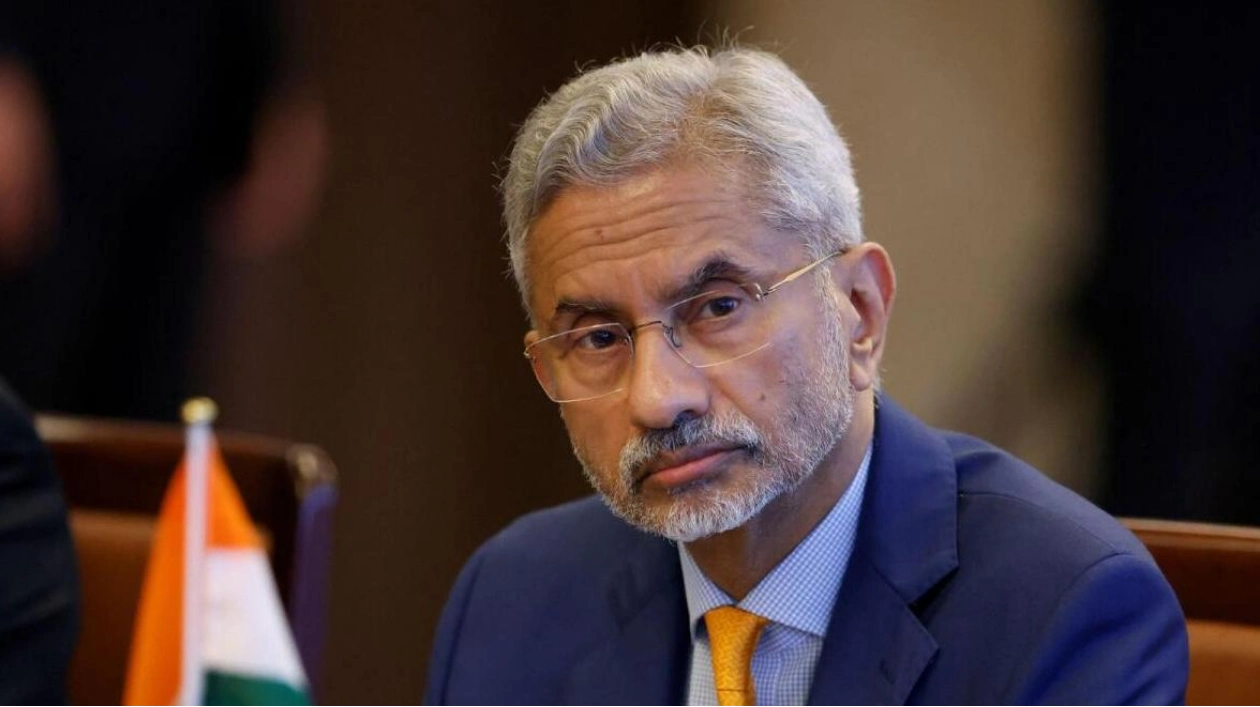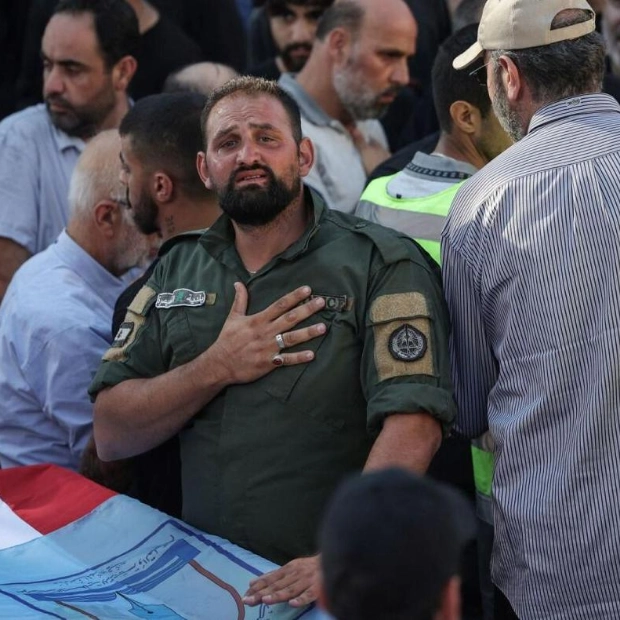India's foreign minister, S. Jaishankar, expressed on Tuesday his profound concern until law and order is visibly restored in neighboring Bangladesh, following the ouster of Prime Minister Sheikh Hasina. Jaishankar confirmed in parliament that Hasina had sought refuge in India after protesters stormed her palace on Monday. "We will naturally remain deeply concerned till law and order is visibly restored," he stated. New Delhi has been cautious about the situation, given Hasina's strategic balancing between India and China.
Bangladesh Army Chief General Waker-Uz-Zaman announced on state television that Hasina had resigned and the military would establish an interim government. Jaishankar mentioned that India has been in constant communication with Dhaka authorities over the past 24 hours. Hasina arrived in India by helicopter, landing at a military airbase near New Delhi, although her plans to travel to London were uncertain due to British calls for a UN-led investigation into the violence.
Jaishankar explained that Hasina decided to resign after consultations with security leaders and quickly requested permission to stay in India. India's border forces have been alerted to the complex situation, given the 4,000-kilometer border shared with Bangladesh. The dramatic events in Bangladesh have also raised concerns in Sri Lanka, which experienced a similar political upheaval in 2022.
Sri Lanka expressed hope for a return to democracy in Bangladesh, with government spokesman Bandula Gunawardana noting their successful protection of parliament. Foreign Minister Ali Sabry of Sri Lanka extended wishes for Bangladeshis to overcome their challenges and achieve a future of peace and prosperity. Social media highlighted the parallels between the situations in Bangladesh and Sri Lanka, with images of protesters in both countries occupying official residences.






